Tight as Jordan
Jordan defeated South Korea to enter the semi-finals of the 2023 Asian Cup. At first glance, the 2-0 score may seem shocking given the difference in strength and experience between the two teams. But if you look at the game on the field, it must be affirmed that Jordan deserved to win thanks to its tight, scientific counter-attacking style of play.
The West Asian representative only let Korea shoot 7 times in the whole match, none of which hit the goal.
Jordan used his physical advantage and muscle power to do two things. First, he blocked Korea's aerial battles, not allowing big players like Cho Gue-sung to jump high to head the ball.
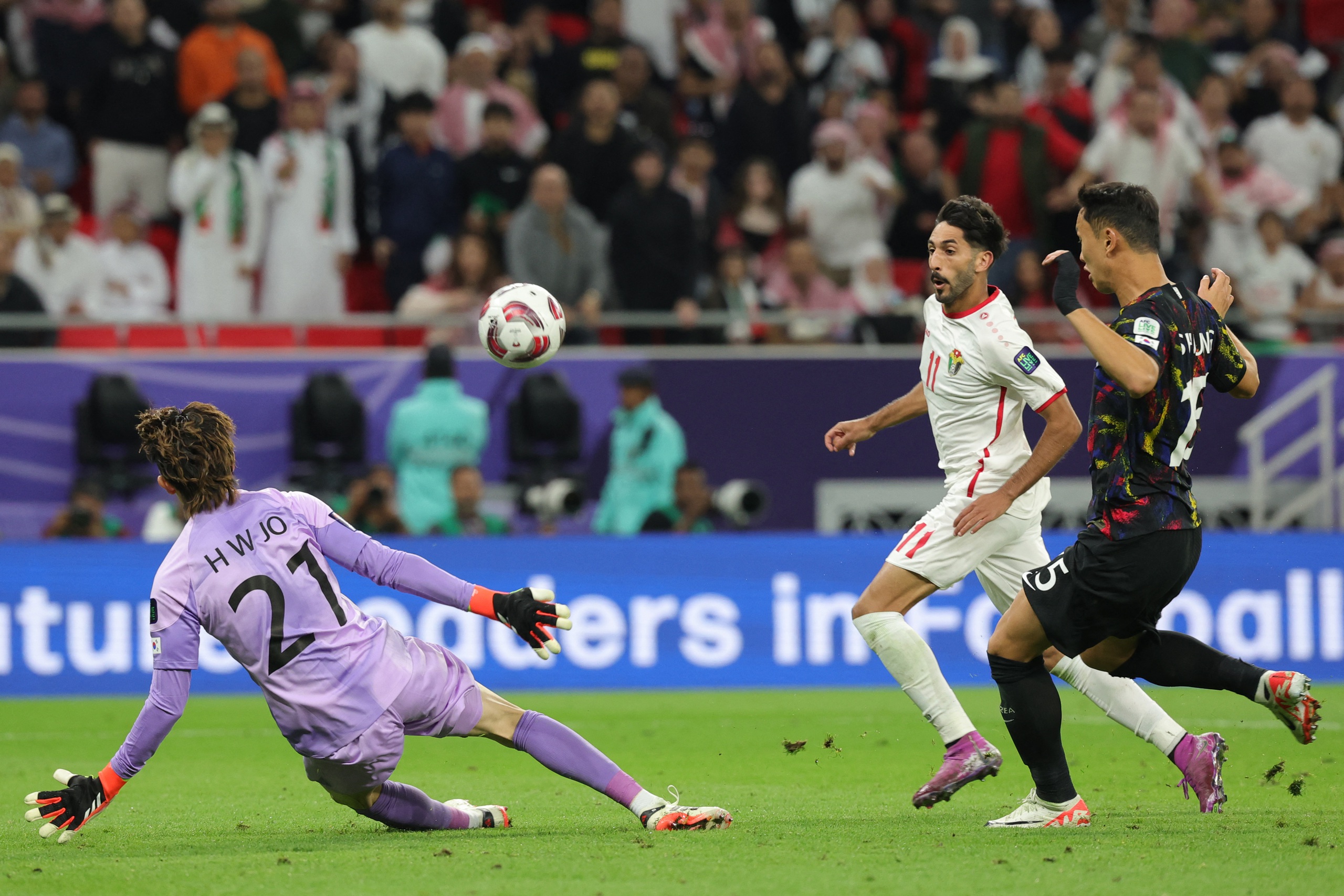
Jordan (white shirt) defeated South Korea thanks to tight defense
Second, win one-on-one battles, stick together persistently, use a large number of defenders to cover and lock down dynamic explosive players like Son Heung-min, Lee Kang-in or Hwang Hee-chan.
Thanks to their pragmatic and rough counter-attacking style, Jordan only had 30% possession, but still had 17 shots, 7 of which were on target. In contrast, Korea controlled the ball 70% of the time, but the number of shots and scoring opportunities could be counted on the fingers of one hand.
The match between Jordan and South Korea was not the only match in the Asian Cup where the team with more possession of the ball and a superior attack... had to accept defeat in the end.
In the match against Japan, the Iranian team only had 42% possession (compared to 56%) of the opponent, but created a superior number of chances with 17 shots, compared to the meager number of 8 of Japan. Iran won 2-1 in this match, with a very convincing performance.
Having less possession of the ball, why do they play better? That is because the two West Asian teams give control to their opponents to ensure tight defense and simple, few-touch attacks.
For example, Iran does not coordinate as complexly (to the point of being mechanical) as Japan, but instead attacks "in the face" with long balls and high balls, taking advantage of their physical advantages to get the ball into the penalty area as quickly as possible.
Having a lot of possession without a clear idea is easy to make mistakes. Both Japan and Korea pressed their opponents, but Iran and Jordan were undaunted by defending scientifically and using quick, neat transitions to counterattack.
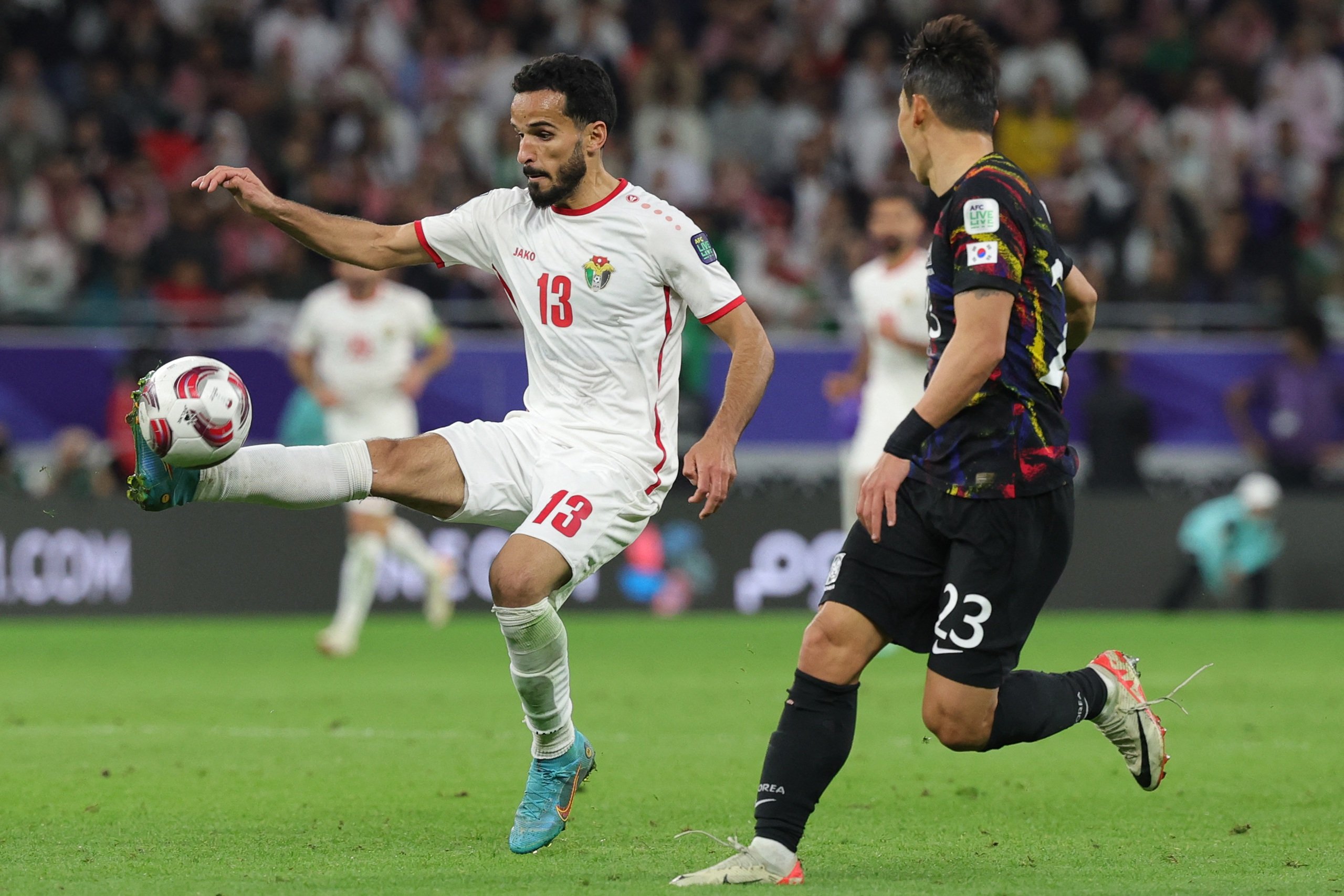
To win at the Asian Cup, you must first know yourself and your opponent.
That is also the formula for success for many teams. You don't need to have a better game, you just need to be better at some moments to win. You don't need to pass a lot, but you need to pass sharply and with quality.
Jordan is not a very strong team, in fact, it is only on par with the Vietnam team under coach Park Hang-seo. However, the West Asian team has flourished thanks to a reasonable playing style.
Modern football increasingly focuses on defense and passing quality, instead of using ball control as a measure of class.
Defense is the trend
Jordan’s journey to the 2023 Asian Cup final can be divided into two halves. The first half is 4 matches (3 group stage matches and 1 match in the round of 16) with 9 goals scored and 5 conceded. This is the period when Jordan uses offense to compensate for defense, scoring many goals to cover for mistakes in the defense.
But in the second half, Musan Al-Taamari and his teammates kept a clean sheet in both matches against Tajikistan (1-0) and South Korea (2-0). 3 goals in the quarter-final and semi-final matches is not a big number, but the important thing is that Jordan kept a clean sheet.
Good defense means more chances of winning, because in key matches, teams tend to play tight, limit mistakes. The team that makes fewer mistakes wins.
The other two semi-finalists, Qatar and Iran, both defended very well. Qatar conceded just two goals in five games, including three clean sheets in the group stage. Iran conceded four goals, but never conceded more than one. Known for their formidable attacking prowess, Iran overcame Syria and Japan thanks to their compactness, rationality and pragmatism.
In a harsh playground like the Asian Cup, experience, refinement and discipline are the pillars of success.
Source link


![[Photo] Prime Minister Pham Minh Chinh chairs meeting to deploy overcoming consequences of storm No. 10](https://vphoto.vietnam.vn/thumb/1200x675/vietnam/resource/IMAGE/2025/10/3/544f420dcc844463898fcbef46247d16)






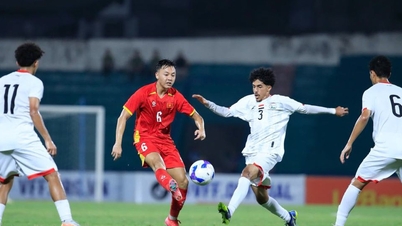



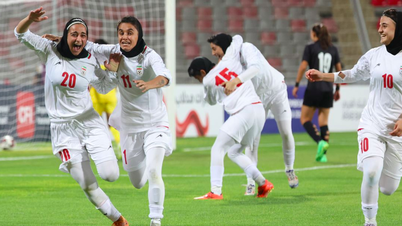

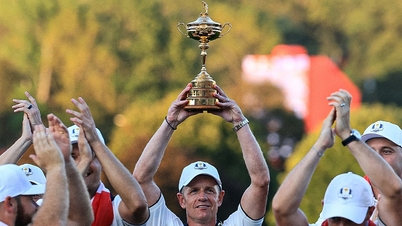

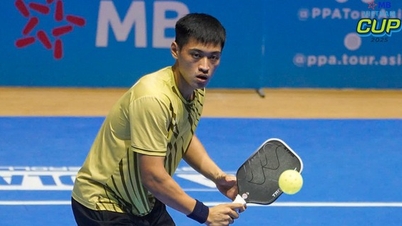

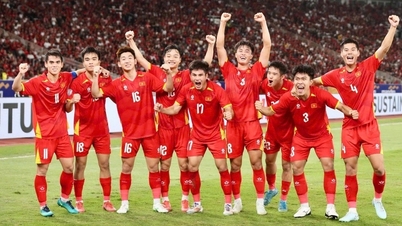

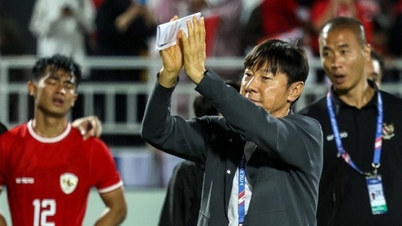
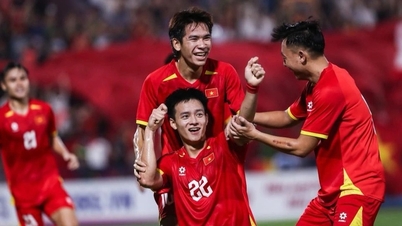
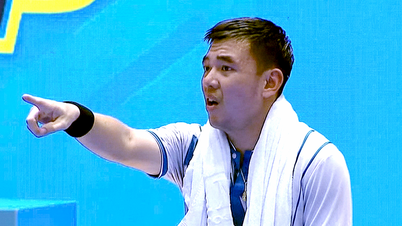





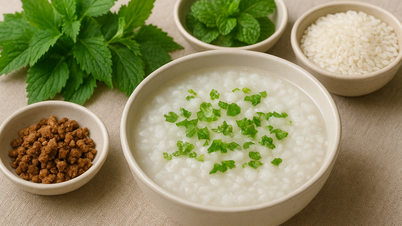
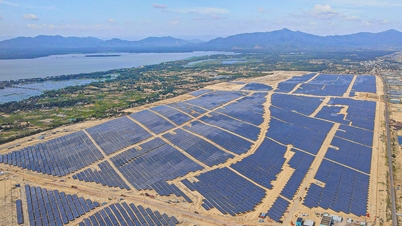



![[Photo] Binh Trieu 1 Bridge has been completed, raised by 1.1m, and will open to traffic at the end of November.](https://vphoto.vietnam.vn/thumb/1200x675/vietnam/resource/IMAGE/2025/10/2/a6549e2a3b5848a1ba76a1ded6141fae)








































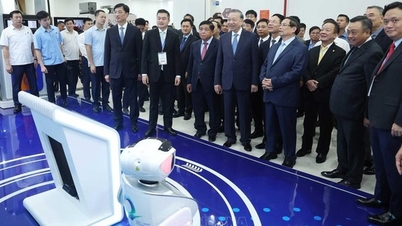


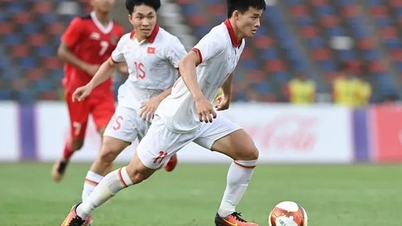





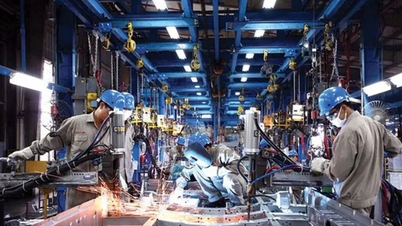


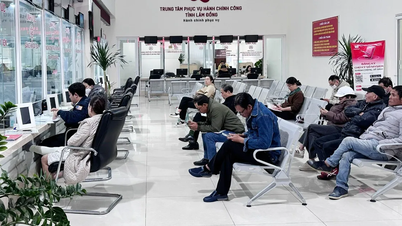















Comment (0)